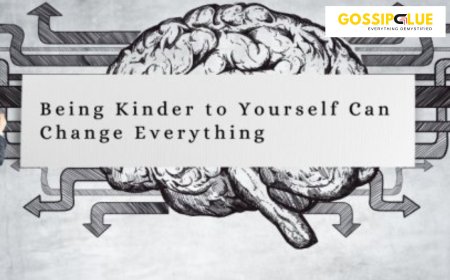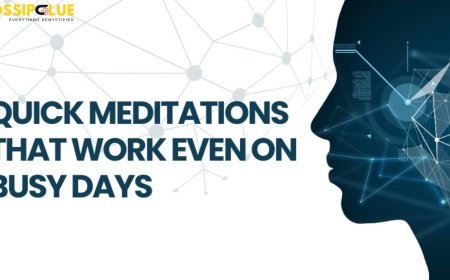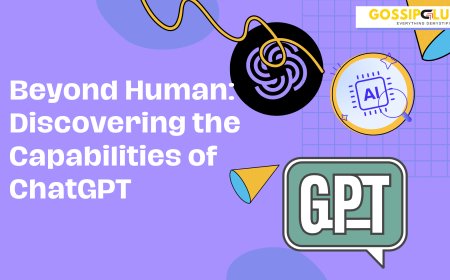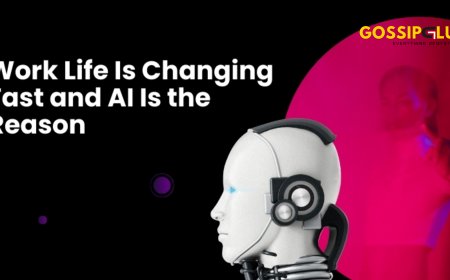The Ethics of AI: Balancing Innovation and Responsibility
Understand the ethics of AI and its growing impact, tackling challenges like bias, privacy, and ethical decision-making in intelligent systems.

The Rise of Counterfeit Intelligence
The utilize of Fake insights has in the past few a long time played a major part in the exercises in diverse worldwide divisions counting wellbeing, accounts, instruction, and amusement. From the advancement and capacity of artificial intelligence, the ethical questions against its development and usage have been moved to the front stage. Reply Balance is the solution with advancing technology, while exercising responsible governance.
Defining the Ethics of AI
Response these principles are concerned with key issues such as openness, justice, the privacy policy, the accountability, and the risk of algorithmic biased. Since AI systems are making more decisive decisions, and then Ethics of AI frameworks must support the direction of development and operation of the AI systems.
The ethics of AI is vital in modern society why is it?
Artificial intelligence is set to become part of major life decisions, ranging from screening job applicants and scoring creditworthiness to making medical diagnoses and finding criminal punishments. Unless the Ethics of AI is maintained in strict form, the AI technologies are exposed to either perpetuating or generating further social injustices.
Consequently, discriminatory results are possible if the data is lopsided, and the levity of algorithms, which are usually black boxes, means that those affected have trouble not only monitoring but also contesting those results. Ethics standards on AI cannot be optional, they are required.
Bias cuts out as one of the key issues in pushing for ethical AI practices.
AI algorithms are trained based on past data, a dataset that usually comprises Ethics of AI human bias. When these patterns are not checked, they may lead to discrimination of these already marginalized communities. In case of example, studies have shown that face recognition machines usually mistake people from given racial groups resulting in critical civil rights problem. Proposition of ethical principles should develop inclusivity and equity to mitigate and prevent these dangers.
Privacy and Data Protection
To gain the benefits of AI requires a lot of data resources, much of which is highly personal in nature and subject to misuse. According to the Ethics of AI, developers as well as organizations need to pay primary attention to privacy of users and process data in an ethical way.
This respects users’ consent, works on data protection through security protocols, and gives an open update of how data is harvested and how it is used. -With increased matured alarm for surveillance and misuse, excellent data protection remains a basic requirement for Ethics AI.
Accountability and Transparency
How mistake able or harmful AI systems are, identifying who is finally responsible must be crucial. The Ethics of AI puts much pressure on the accountability of parties. Transparent accountability structures are essential for both developers and businesses and for policymakers as well.
It is essential to roll back the curtain from AI processes – the users should know how the system works and why certain decisions were taken. The research in Explainable AI (XAI) works to ensure that AI models are easily explainable to a larger population than just with professionals.
Ethics of AI as a Business and Industry Application
Companies need to embed ethical standards in their strategies because artificial intelligence has a crucial role in business activities. Through the Principles of AI, organizations will be in a position to secure users and gain customers’ and stakeholders’ trust.
Making a slip out of the ethical guidelines can create room for brands to be subjected to reputational damage, legal action and trust loss from consumers. Ethical AI policies have the potential to make organizations the standouts in a values-based business ecosystem.
Government Regulation and Legal Frameworks
The struggle for the Ethics of AI is an important task that is gaining increasing importance for governments. There is an effort being made by regulatory authorities at a national and international level to develop rules for development and implementation of AI technology.
European Union’s AI Act is a good example with an emphasis on the de-quartile threshold with respect to level of the risk and stricter regulation for the most dangerous AI systems. The main purpose of the regulations is the protection of human rights and public safety along with the development of the technological process.
The ethics in artificial intellect in developing technologies.
As emerging technologies showcase autonomous vehicles, AI-art as well as AI-generated language models to the forefront, ethical considerations in AI becomes greatly more complicated. For example, autonomous vehicles may be required to make life or death decisions in crashes. In situations where quick decision must be made, will autonomous vehicles do the passengers at all cost? Ethics in AI are in the need of constant development in order to keep up with the new technologies’ rapid development.
Collaboration for Ethical AI Development
Making sure that AI is developed in an Ethics of AI way is a common collective responsibility which requires other technology firms, educational establishments, the policymakers, and the general public, to work together.
There exists a platform like the Partnership on AI, and the IEEE’s Ethically Aligned Design that act as forums for open discussion and collaboration. Ethics of AI brings together various fields in order to discover comprehensive perspectives of ethical innovation.
Education is the basis for AI ethics teaching.
Ethics should have no difficulty blending into the curricula of computer science and data science at higher learning institutions and training institutions. Future AI practitioners have to understand the impact of their work on society as a whole rather than getting into technical details. When AI education becomes an integral as part of ethics, we enable aspiring professionals to shape the future of Ethics of AI in favor of all.
Conclusion:
With AI pervading the world around us the Ethics of AI emerges as crucial to the manner in which we build the world around us. It is a very important endeavor, if not impossible, to reconcile innovation with responsibility.
The roots of sustainable trustworthy human-centered technology lie in ethics aspects in AI development. When the ethical foundation is at the core of our approach, today, we place AI to empower all humanity to enjoy a better life in the years to come.
What's Your Reaction?
 Like
0
Like
0
 Dislike
0
Dislike
0
 Love
0
Love
0
 Funny
0
Funny
0
 Angry
0
Angry
0
 Sad
0
Sad
0
 Wow
0
Wow
0


































